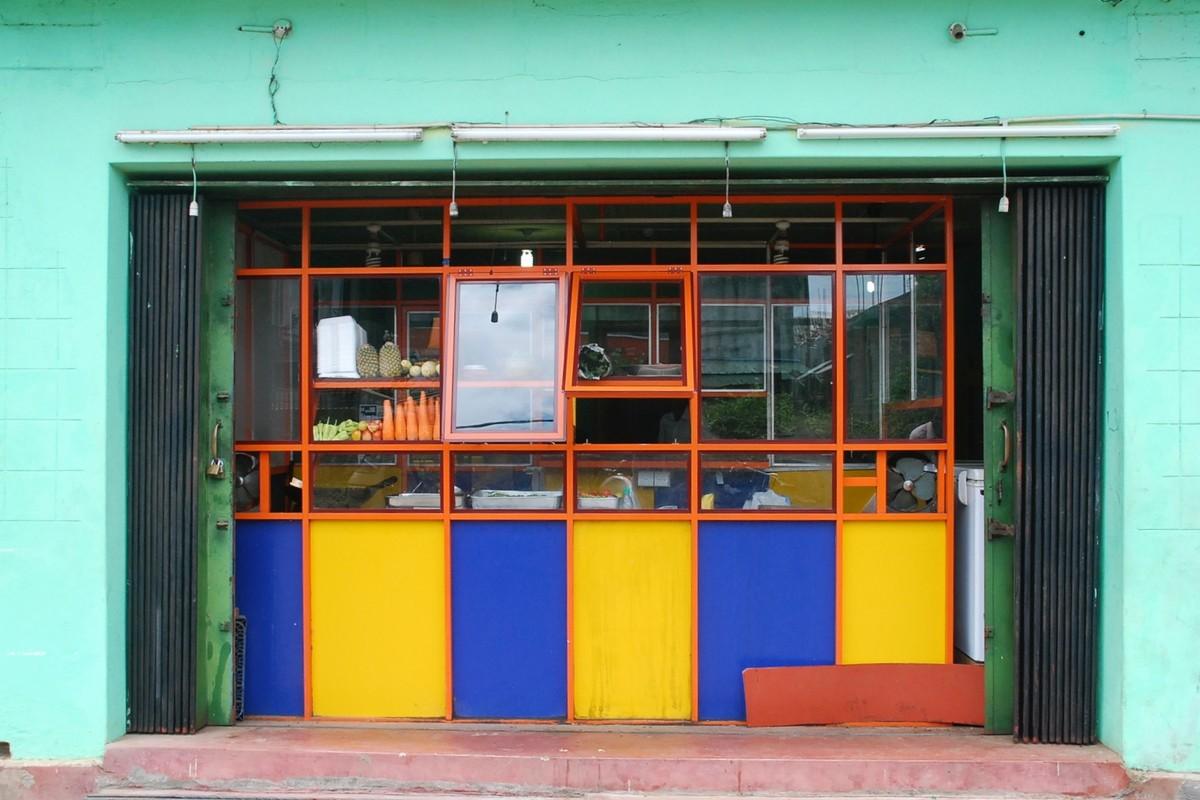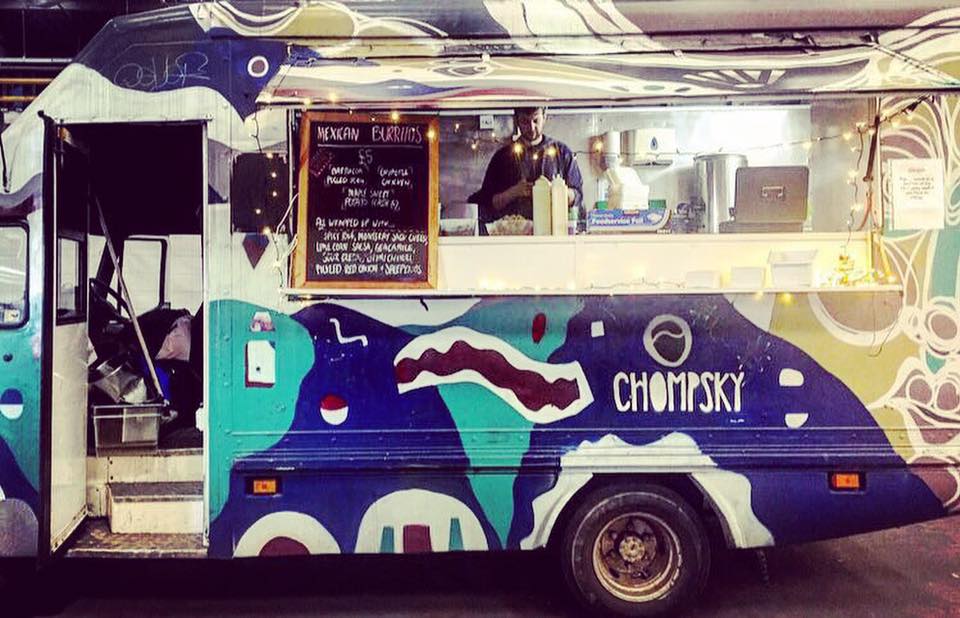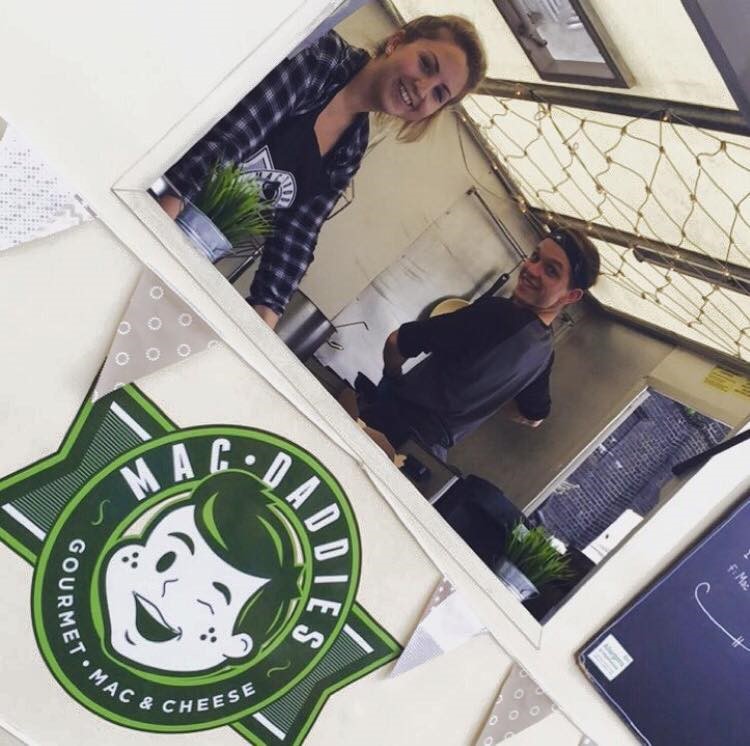Street food is a type of fast food eaten by an estimated 2.5 billion people every day and although many types of street food have existed for hundreds, if not thousands, of years, it’s never been more popular. More recently in the UK, there has been a significant increase in street markets selling street food. So, how do you set up a street food business and what’s the recipe for success?
What type of street food should I sell?
Spanning the traditional to the exotic, the range of cuisines and dishes being sold by street food businesses is seemingly ever-expanding. Mouthwatering popular street foods from Asia and South America are particularly popular, alongside imaginative takes on burgers, pizza, and other crowd-pleasers. Recently, Caribbean cuisine has rocketed in popularity, according to research by spice supplier Santa Maria, putting it in second place behind Chinese and ahead of Mexican.
Santa Maria also found the top three street food dishes are:
- burritos/tacos/carnitas (15 per cent)
- burgers (9 per cent)
- noodle pots (9 per cent).
Average street food spend in the UK is now almost £7 per purchase, according to Santa Maria, up by more than a third in just a few years, with a quarter of consumers in London believed to eat street food two or three times a week. That is a lot of people! A December 2017 Evening Standards Magazine piece reported street food stalls in the capital turning over an average of £100,000 a year.
So, what’s the recipe for success when running a street food business? Discerning customers want authenticity and new a new taste experiences. They expect fresh, healthy, flavoursome ingredients. Dishes don’t have to be cheap, but they must offer good value.
If you want an entry into the food industry but need inspiration, basic online research can reveal current trends. And with so many new street food businesses launching, finding a way to set yourself apart is essential. You must allow as many business opportunities to cross your path as possible. You must give people a reason to buy from you and not your competitors, which includes mainstream outlets as well as other street trading sellers.
Video: Incredible sicilian sandwich
Caseificio Borderi (based in Syracuse, Sicily) is famed for its passionately crafted high-quality sandwiches. Want some inspiration for a street food business? Take inspiration from your travels and bring something new to the UK market.
Where can I sell street food?
Before deciding where to operate your new street food business, find out exactly what costs you’ll have to pay and compare these against your likely sales to work out whether your numbers add up. If not, cut your costs or find cheaper options.
-
![Eating at bench]()
Pop-ups
Before launching properly, pop-up events can be a good way to raise start-up funds and gain customer feedback, so you can improve your street food business idea. Even after you’ve launched, pop-ups can be a great way to raise your profile, attract new customers and increase your turnover. We Are Pop Up and Appear Here can help you find and book pop up spaces in the UK.
-
![Festival vibes]()
Festivals and events
Many street food businesses rent pitches at outdoor festivals, of course, usually in the summer, which can provide a welcome seasonal revenue boost. Pitch fees are payable. Also, find out about local food festivals throughout the year. And weddings, other social functions, and corporate events could all be other sources of revenue for your street-food business.
-
![Street food stall]()
Street food markets
For some years, street food markets have been established throughout the UK, and these could provide your business with a more permanent home. Some are weekend only, while others operate throughout the week and may be located around hotspots for office workers or tourists. So, once you’ve decided roughly where you want to sell, find out more about local street food markets.
-
![Shabby chic restaurant exterior]()
Business premises
Just because you sell street food, doesn’t mean your business can’t be based in commercial premises. Some owners launch their new street food businesses from high street premises, while this is a natural next step for others once their business becomes more established. The costs will be higher, because there will be business rates, rent and other overheads to pay.
How can I fund my street food business?
There are variety of avenues to explore when it comes to funding your street food business.
Minimise your start-up costs
It pays to limit spending when launching a new business by only buying what you really need. That way, you’ll lose less if your street-food business doesn’t work out. Prepare for a low startup and start planning your food truck business.
More optimistically, spending less when starting up will mean you’ll need to sell less to break even and start to generate a profit. Where possible, make do, borrow, buy second-hand or do without. Be resourceful.
Your own money
Work out what you will need to buy to launch your business and how much it will cost. Thankfully, for the most part, there is quite a low startup cost. Carefully consider whether you’ll make enough sales to cover your start-up and operating costs. If not, you’ll need to reduce your costs. The Nationwide Caterers Association are available for assistance.
Inevitably, you’ll have to invest your own savings (try to keep some back as contingency money). Others are unlikely to lend you money or invest in your new street-food business if you haven’t already done so yourself.
Friends and family
Many people are only able to start their own business thanks to investment from friends and family. It’s a common source of start-up funding, but you and your friends or family members should be mindful of the risks.
If your business doesn’t work out, they could lose their money, which could affect your relationship. Creating a formal agreement can help to ensure that everyone understands the potential risks and rewards.
Bank start-up loan
Start-up loan approval rates are reported to be significantly higher than a few years ago. A bank might carry out a credit check on you, but may not expect any security for smaller amounts.
Overdrafts can prevent cash flow problems, while credit cards can help with day-to-day expenses (as long as you repay sums borrowed before interest is due). Using a personal credit card to start a business can prove very expensive.
Grants and loans
Don’t bank on getting a start-up grant to launch your business. They are relatively hard to secure and usually available only in certain regions or to people who meet specified criteria.
You might be able to get a start-up loan from the Start Up Loans Company or another organisation (e.g. The Prince’s Trust if you’re aged below 30). Contact your local business support organisation to see what loans or grants are available.
Private investor
Although more usual for more established small businesses, you may be able to find an investor to help provide some of the money you need to launch your street food start-up.
But this will involve conceding some ownership and control over your street-food business. A proper legal agreement should be drawn up and signed by both parties, with advice sought from an accountant and solicitor.
Startup costs calculator
We've put together some of the typical things you'll need to invest in when starting a business. Fill in the business startup costs below to find out how much money you'll need to get up and running.

Calculating your result
On your marks. Set. Go!
Sign up to receive expert email tips and insights on getting your business up and running. You can unsubscribe at any time.
Do I need a license to sell street food?
According to the Food Standards Agency: “If you are planning to start a new catering business, or [you’re] taking over a catering business, you must register your premises with the environmental health service at your local authority at least 28 days before opening.
“This applies to most types of food business, including catering businesses run from home, and mobile or temporary premises such as stalls and vans. Contact your local authority for information on how to register.”
- To register your street food business (which is free), you’ll need to download an application form from your local authority or via GOV.UK. Once completed and submitted, an environmental health officer will make an inspection and your business will be given a food-hygiene rating.
- There is general food law with which your business must also comply, as well as strict rules and requirements as regards food hygiene. Visit the Food Standards Agency website for a useful food business start-up checklist. The Nationwide Caterers Association can provide any assistance required.
- Any gas-powered cooking equipment you use must be installed, inspected and tested each year by a Gas Safe Registered engineer and any electrical equipment should also be tested each year by a registered electrician to ensure that it’s safe.
- If you plan to employ people, by law, you’ll need employers’ liability insurance, while public liability insurance can provide financial protection against injuries or illness to the public, which can be caused by food.
Get £50 on us when you open a Tide business account
If you're starting a street food business you'll want to have a dedicated business bank account. Look no further. With a Tide business account, you can get set up in minutes and start to control your finances in a hassle-free way using their powerful and integrated online services.
Let's go!

Checklist: Key steps when starting a street food business
Once you’ve come up with your street food business idea and you’ve decided where you’ll sell your food – what next?
You must be logged in to use this checklist
How to succeed as a street food business
Keep things fresh
“We’re constantly changing our menu – it keeps things fresh and interesting. Our menus are creative and we offer a wide variety of food – from Korean fried chicken to Deep South grits, from Jamaican goat stew to Taiwanese bao buns. That means we’re able to sell at more festivals, because if another seller is already offering one type of food, we can offer something else.”
“You must find ways to set yourself apart. Be better wherever you can. And quality is very important. We use fresh ingredients, local produce where possible. We make everything from scratch. To succeed, you must offer customers delicious food, something new and exciting – and good value for money.”
Andrew Owens-Smith of Glasgow-based Chompsky Food
Attention to detail is crucial and quality is key
“Being a successful street food business requires a lot of hard work. You must also find ways to be different. We cook out of a converted Mini Cooper to deliver the best BBQ chicken tikka and wood-fired Neapolitan style pizza for street-food events, festivals and weddings.”
“Attention to detail is crucial and quality is key. We use the best ingredients to create delicious food, whether it’s our staples or the imaginative specials we regularly add to our menus to keep things fresh and interesting. I’ve invested heavily in our stand, too – we don’t scrimp on anything. You have to attract customers’ attention and then give them great food and value for money so they’ll want to come back.”
Lee DeSanges of Birmingham-based Baked in Brick
Stand out from the rest
“If you want to succeed as a street food business, you really must stand out. Either pick something that already works – who doesn’t love a burger? – and try to be the absolute best at it. Or do what I did, and find a niche and create your own cuisine.”
“Lime Hut modernises Caribbean cuisine in a fresh and healthier way. This addresses dietary health issues within the Caribbean community, as well as broadening its appeal to the lunchtime market in London. My advice if you want to start your own street food business? Be bold. Be vibrant. Be fun. But also be affordable.”
Afiya Titus of London-based Lime Hut
Bring other skills to the table
“When starting up a street food business, building up a wide variety of skills is extremely useful and shouldn’t be underestimated.”
“Outside the skills of producing high-quality food, it’s important to consider branding, marketing, recruitment and staff management. If you can gain some experience in these in a paid role, I highly recommend it. But if not, there are a host of good online courses. Having this knowledge will allow you to plan long-term and save you money because you won’t have to pay someone else to do it for you.”
Kerry Hall of Bristol-based the little taquero
When it goes well – it’s the best job in the world
“We believe we sell the UK’s best mac and cheese. Every portion is made to order in individual pans, creating the freshest most luxurious, most indulgent mac and cheese possible.”
“The quality of your food is everything. To succeed, you must work very hard. Customers see the glamorous and fun side of the industry, but it’s seven days a week of hard graft, with occasional reward. When it goes well, it’s the best job in the world. But when it doesn’t go well, it can be pretty rough. But if you’re willing to put the hours in, put yourself out there, and create a product that you believe in, you can definitely be a street food success. We’re three years in and still learning. I don’t think that will ever stop.”
Emma Potter and Jack Torkington of Manchester-based Mac Daddies
Share this content

Brought to you by:
AAT Business Finance Basics
AAT Business Finance Basics are a series of online e-learning courses covering the core financial skills every business needs. They draw from AAT’s world-leading qualifications and will quickly build your knowledge on key topics including bookkeeping, budgeting and cash flow.
Visit partner's website

















